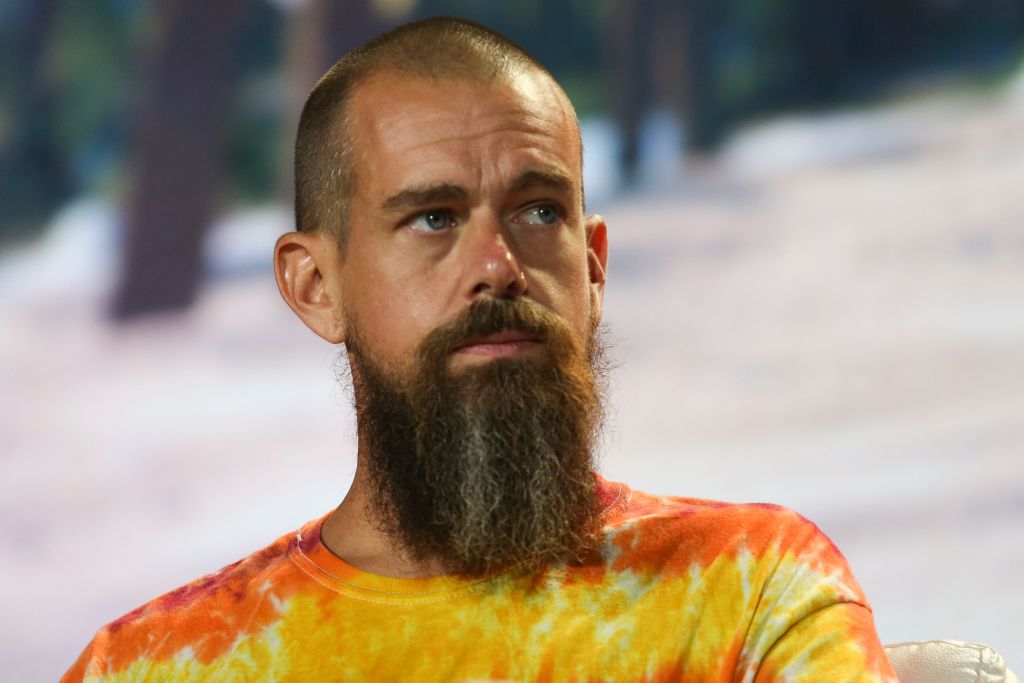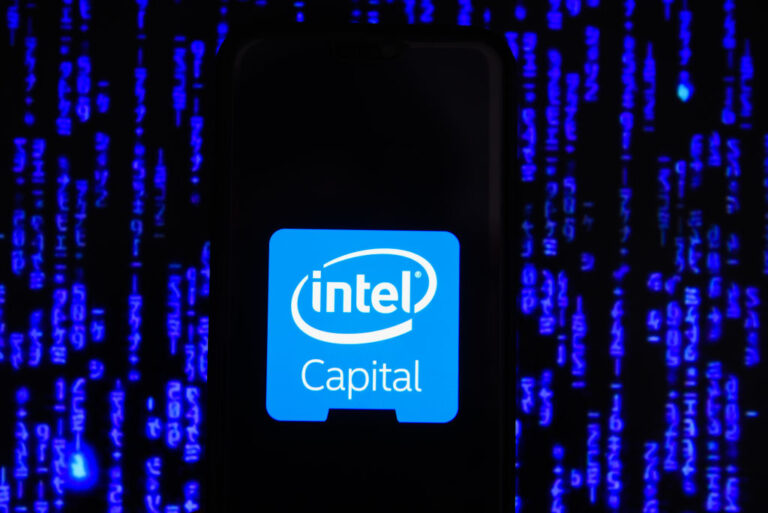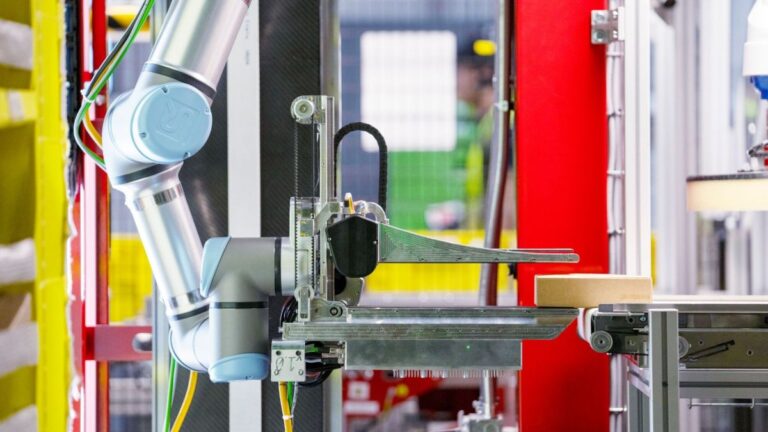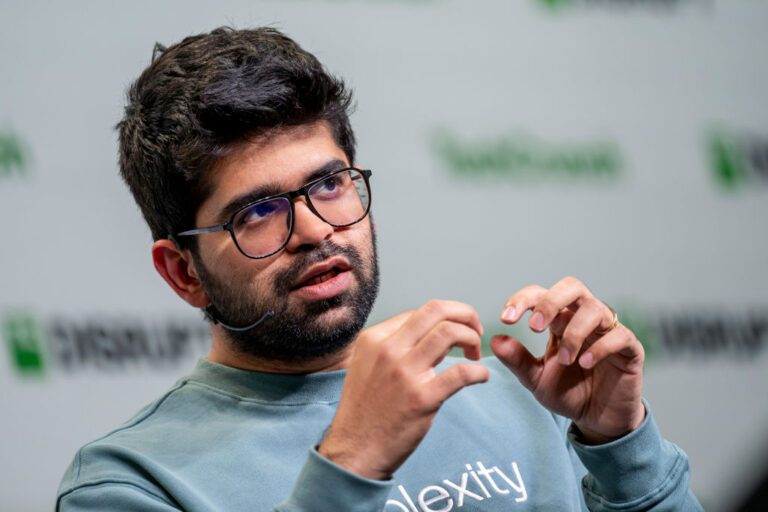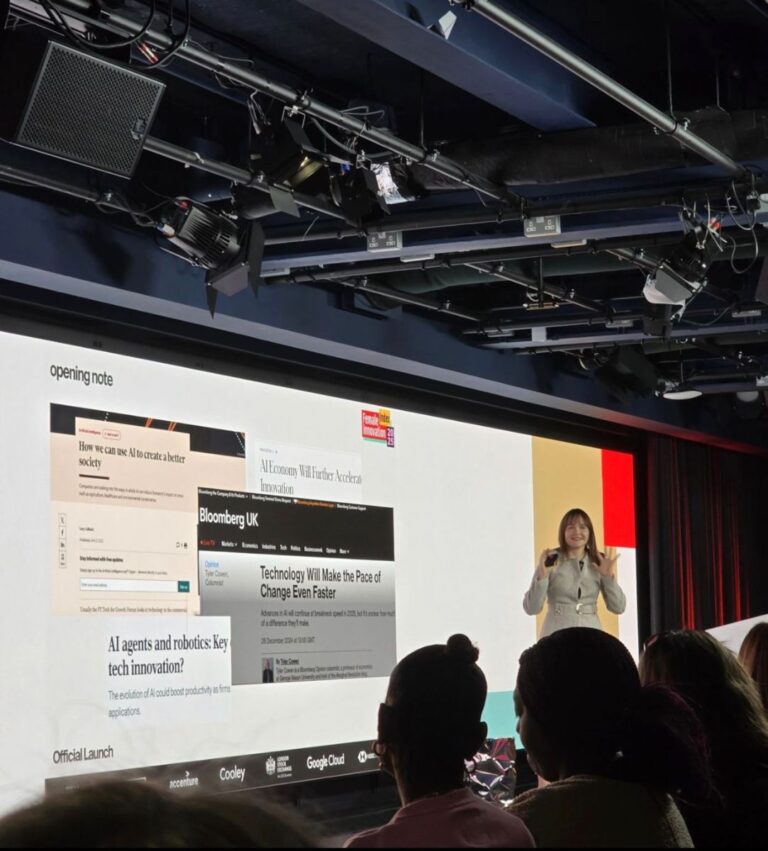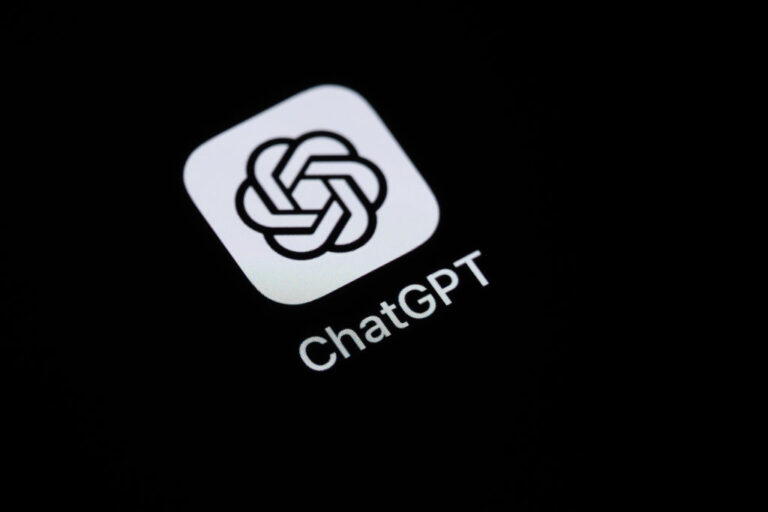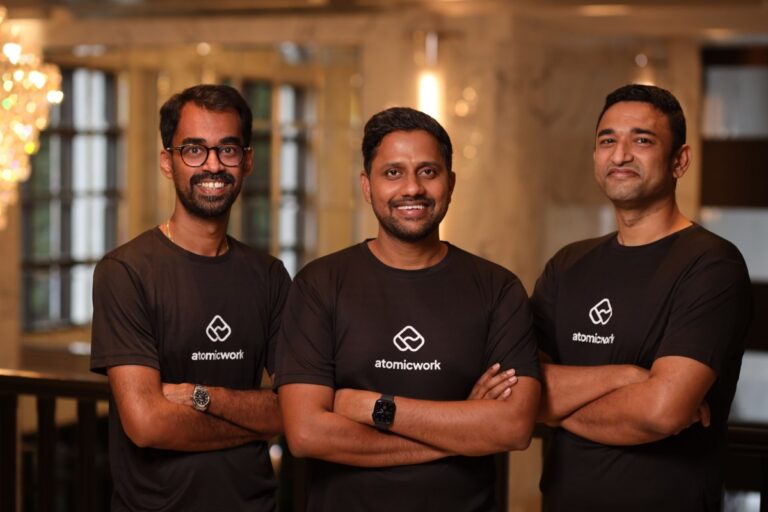Jack Dorsey and Elon Musk Advocate for the Abolition of All Intellectual Property Laws
Jack Dorsey, the co-founder of Twitter (now known as X) and Square (currently Block), ignited a significant discussion over intellectual property, patents, and copyright issues with a succinct remark stating, “delete all IP law.” This controversial statement has captured the attention of both tech enthusiasts and critics alike.
Elon Musk’s Support
Elon Musk, the current owner of X, quickly chimed in with his support, replying, “I agree.” However, the context behind Dorsey’s comments remains unclear.
Current Climate of AI Lawsuits
These statements arise during a period where numerous AI companies, including OpenAI—which Musk co-founded—are embroiled in lawsuits alleging copyright violations in the training of their models. The implications of these legal battles highlight the ongoing tension between technology and intellectual property rights.
Responses from the Tech Community
- Chris Messina, a tech evangelist, remarked that Dorsey “has a point,” suggesting that automated IP fines for AI infringement could replace incarceration for minor offenses.
- Conversely, Ed Newton-Rex, from the nonprofit Fairly Trained, criticized the Dorsey-Musk exchange, stating it represents a “war on creators” who wish to protect their work.
- Writer Lincoln Michel pointed out that “none of Jack or Elon’s companies would exist without IP law,” arguing that they seem to disregard the value of artists’ contributions.
Dorsey’s Vision for Creativity
Dorsey further clarified his views in subsequent replies, asserting that there are “better models to pay creators” and that the current system takes too much from them. He emphasized that the existing intellectual property laws limit creativity and unfairly empower gatekeepers who inadequately compensate creators.
Debate on IP Law
In response to attorney Nicole Shanahan, who strongly opposed Dorsey’s stance, he maintained that “creativity is what currently separates us,” suggesting that reforms in IP law could foster greater innovation.
Musk’s Historical Stance on Patents
Musk’s backing of Dorsey aligns with his previous declarations. He has famously stated that “patents are for the weak” and even initiated a “patent giveaway” where Tesla vowed not to enforce patents against companies using them in good faith. This history raises questions about the implications of their current statements on the broader industry.
Bluesky and Future Implications
Moreover, Dorsey was instrumental in launching Bluesky, an open social media initiative. Although he later distanced himself from the project, Bluesky’s CEO, Jay Graber, noted that Dorsey’s departure allowed the company to evolve beyond a billionaire’s hobby.
Conclusion: The Blurred Lines of Tech and Policy
As discussions about intellectual property continue to unfold on platforms like X, the boundaries between casual online dialogue and policy-making appear increasingly blurred. Musk’s engagement with government initiatives and tech-driven approaches to regulation may further influence the future of intellectual property in technology.
For more insights on the intersection of technology and intellectual property, check out our related articles on tech innovation and copyright law reform.

